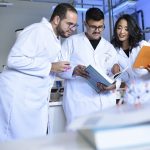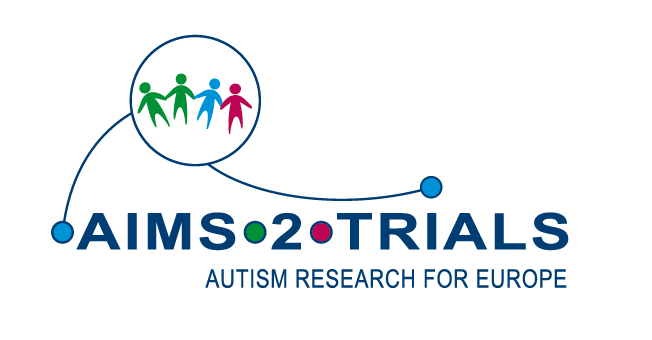 A groundbreaking shift is needed in the field of autism research to bridge a historical divide between researchers and the autistic community. A recent commentary, co-authored by experts from AIMS-2-TRIALS in collaboration with international institutions and Autism Representatives, spotlights the importance of researchers working closely with autistic individuals representing diverse characteristics and support needs.
A groundbreaking shift is needed in the field of autism research to bridge a historical divide between researchers and the autistic community. A recent commentary, co-authored by experts from AIMS-2-TRIALS in collaboration with international institutions and Autism Representatives, spotlights the importance of researchers working closely with autistic individuals representing diverse characteristics and support needs.
The commentary, titled ‘Bridge-building between communities: Imagining the future of biomedical autism research’, outlines a series of recommendations designed to foster trust and collaboration between researchers and autistic communities. It outlines how biomedical science needs to align research aims, practices, and culture with the diverse experiences and needs of the autistic community. This requires a re-conceptualisation of autism to embrace neurodiversity and ensure that the voices and perspectives of autistic people are not only heard but are deeply embedded throughout the research process.
Shift in perspective
Historically, autism research has been rooted in the medical model, viewing autism as a medical condition defined by a set of deficits. This stance has been driven by funding models and infrastructure that prioritise research into medical conditions.
However, this position has become controversial given the momentum of the Neurodiversity Movement, through which autism can be seen as part of human variation. Moreover, recent controversies in autism research have raised concerns among the autistic community relating to ethics, privacy, and transparency. Precise terminology is also important to ensure successful progress in autism research.
Emily Jones, Professor of Translational Neurodevelopment at Birkbeck and a contributing author, notes: “The perceived gap between the perspectives of the autistic community and the research community raises the risk of the research not being useful to the community it aims to help, and the halting of scientific progress. We are at a critical juncture, which led to the development of this report.”
There is currently a shortage of rigorously evidenced support strategies for autistic people, so there needs to be effective tools to support autistic people and at the same time avoid stigmatising them. The authors highlight that research will also benefit from a more individualistic understanding of the autistic experience, which will help pave the way towards precision medicine and better encompassing the diversity of autism.
Collaborative journey
Sarah Douglas, an autistic research advisor, reflected: “Being a co-author and equal creative partner in this Bridge-Building paper-writing team has been a great experience of genuinely collaborative co-production. It has been a space in which I have felt heard and was able to hear others as we worked together to explore and suggest a better future for autism research that genuinely makes life better for autistic people and their families.”
Vision for a better future
The authors outline several recommendations to foster a neurodiversity-affirmative research culture, including:
- establishing participatory research practices,
- involving the autistic community in research design,
- considering the impact of research on group-harm and stigma,
- engaging closely with autistic people throughout the research process, from the development of research designs to ongoing consultations, including publication and dissemination.
Achieving this authentic participatory research requires changes at both individual and operational levels, with a focus on making engagement the norm and rewarding, with an ultimate benefit on the research itself. The authors call for robust support, a reconsideration of funding narratives, resources and infrastructure. For example, funders need to support smaller preliminary scope-setting and community engagement initiatives, as well as providing dedicated funding to facilitation systems and discussion forums. Researchers also need effective training to engage effectively with the autistic community.
Neurodiversity-affirmative research
The insights provided by the authors clearly highlight the need for rapid change in field of autism research. The neurodiversity-affirmative approach promises to ensure that research aligns with the values and needs of the community it serves. The researchers emphasise that embracing a culture of inclusivity, partnership, and respect for the voices of autistic people, can unlock the full potential of biomedical science to enhance the lives of autistic people and their families.
Further information
Authors of the report include experts from Birkbeck, King’s College London, University of Cambridge, Brighton and Sussex Medical School, University of Manchester, South London and Maudsley NHS Foundation Trust, Université Paris Cité, Trinity College Dublin, University of Toronto and the Community Health Centre Domzale, Slovenia, alongside members of the autism community.
See the Birkbeck press release
Reference to the original article:
Heraty, S., Lautarescu, A., Belton, D. et al. (2023). Bridge-building between communities: Imagining the future of biomedical autism research. Cell, Volume 186, Issue 18. Pages 3747-3752.







